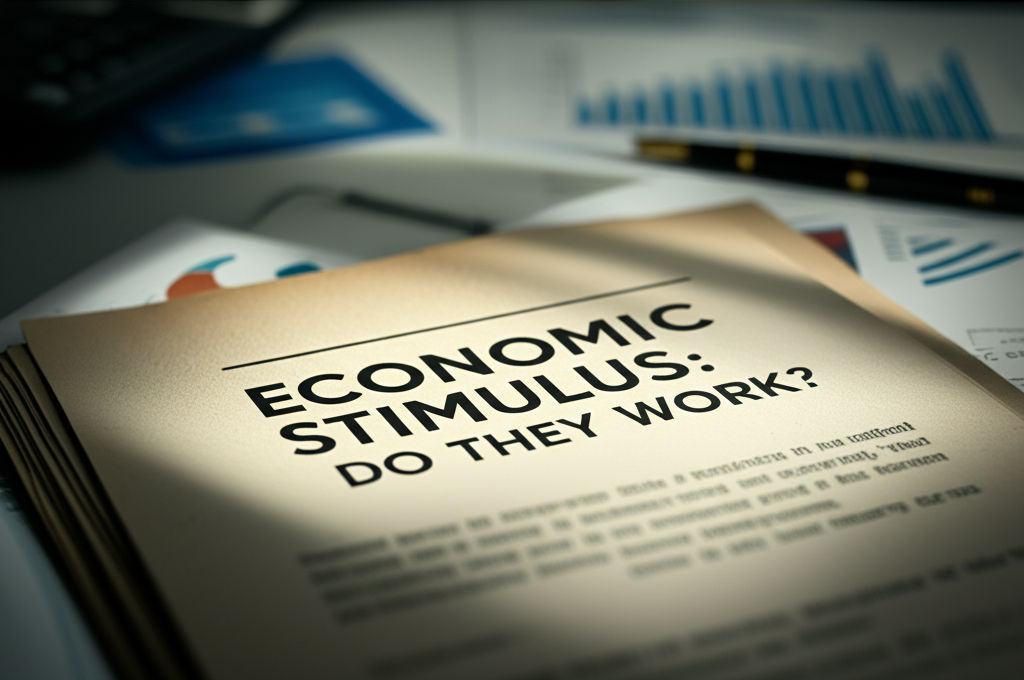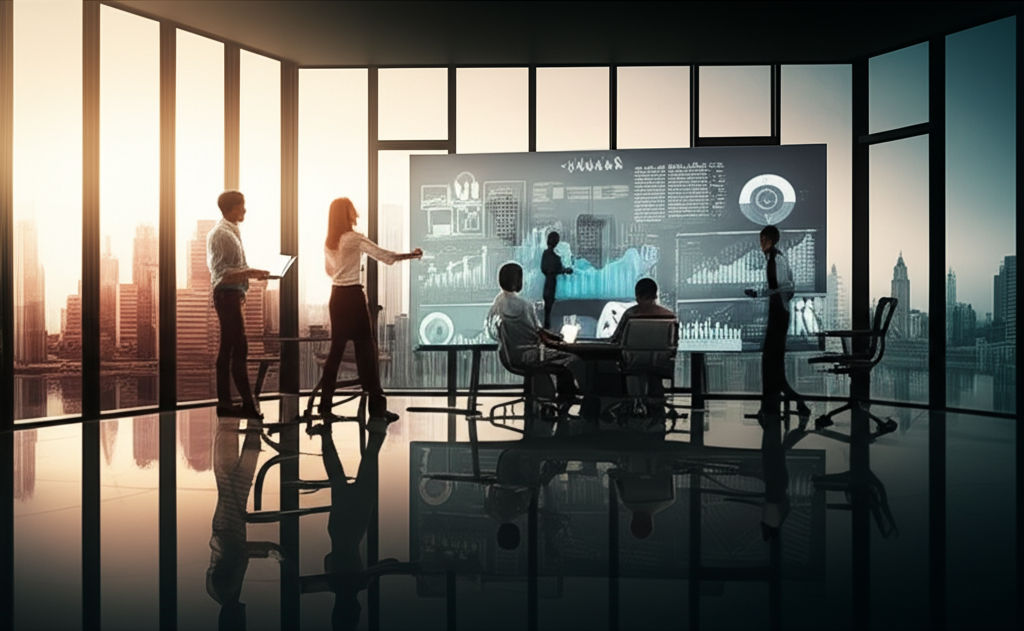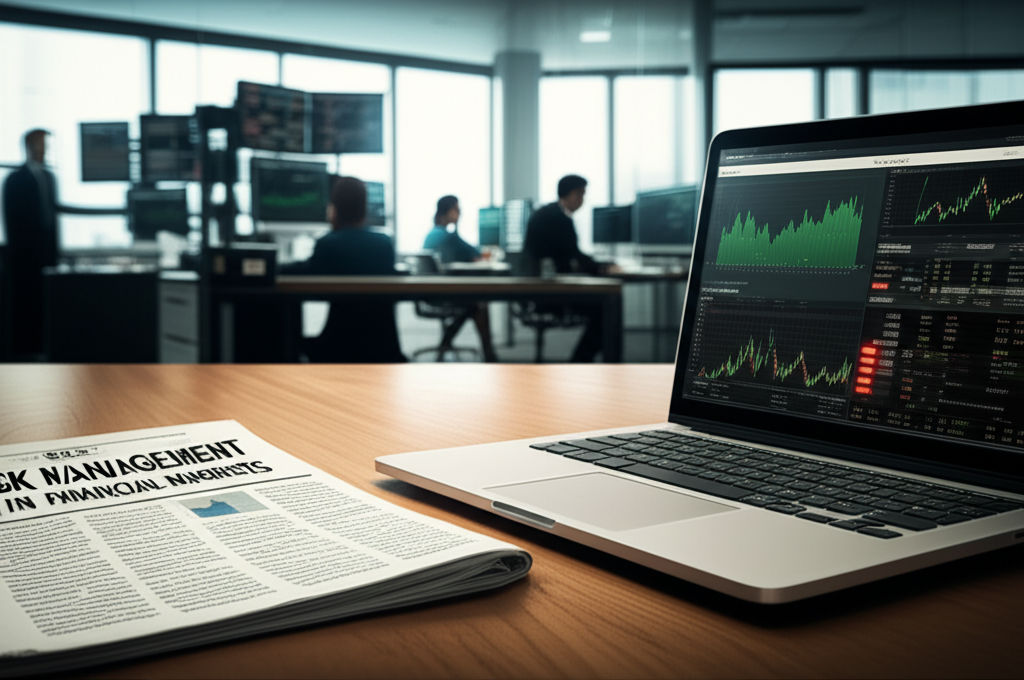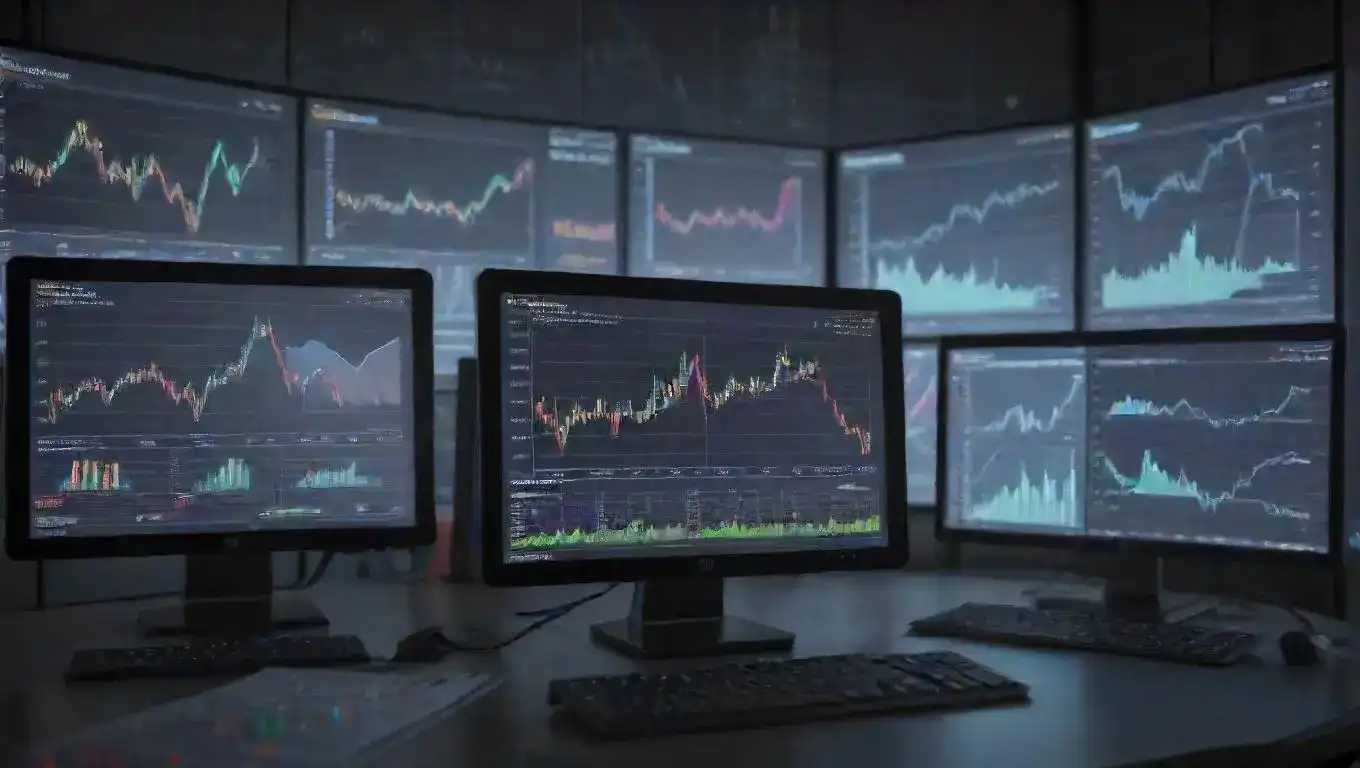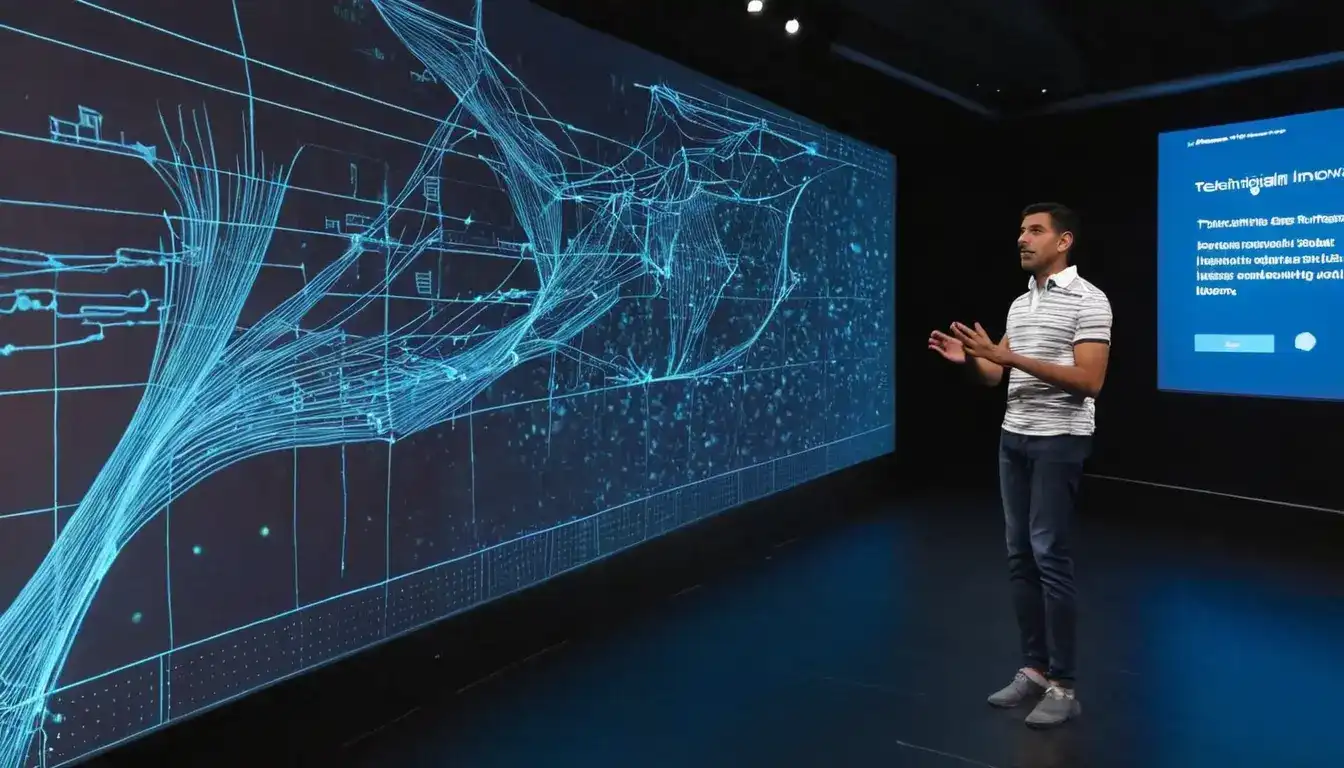Developed Economies Adapt to New Order
Emily Willis

Photo: Developed Economies Adapt to New Order
The global economic landscape is undergoing a profound transformation, ushering in a "new order" that challenges traditional frameworks and demands unprecedented adaptation from developed economies. For decades, these nations largely dictated the terms of global trade, finance, and innovation. However, a confluence of technological advancements, geopolitical shifts, environmental imperatives, and evolving societal expectations is reshaping this dominance. Understanding and strategically responding to these shifts is not merely an option but a critical necessity for developed economies to maintain their prosperity and influence in this evolving world.
This article delves into the multifaceted challenges and opportunities facing developed nations as they navigate this new global order. We will explore the key drivers of change, examine the adaptive strategies being embraced, and discuss how these economic powerhouses are striving for resilience, innovation, and inclusive growth in an increasingly interconnected and unpredictable future.
Understanding the New Global Order: A Shifting Paradigm
The "new order" isn't a single event but a complex tapestry of interconnected forces that have fundamentally altered the global economic and political architecture. For developed economies, this means moving beyond the familiar post-World War II structures and adapting to a more multipolar, dynamic, and often volatile environment.
The Rise of Multipolarity and Emerging Powers
One of the most significant shifts is the redistribution of economic power. While developed economies still hold substantial influence, the rapid growth of emerging markets, particularly in Asia, has created a more multipolar world. These emerging powers are not just manufacturing hubs but are increasingly innovators, investors, and significant players in global governance. This shift necessitates a recalibration of international relations, trade agreements, and diplomatic strategies for developed nations.
Accelerated Technological Disruption
The pace of technological change is unprecedented. Artificial intelligence (AI), automation, quantum computing, biotechnology, and advanced materials are not just incremental improvements; they are foundational shifts that are redefining industries, labor markets, and even the nature of work. Developed economies must lead in these areas, not just adopt them, to maintain their competitive edge. The future of developed nations hinges on their ability to harness these technologies for productivity, innovation, and societal benefit.
The Imperative of Climate Change and Sustainability
Environmental concerns, particularly climate change, have moved from the periphery to the core of economic policy. The transition to a green economy, decarbonization efforts, and the development of sustainable practices are no longer optional but essential for long-term stability and growth. Developed economies face the dual challenge of reducing their historical carbon footprint while simultaneously investing heavily in green technologies and infrastructure to secure a sustainable economic adaptation.
Shifting Demographics and Societal Expectations
Within developed nations, demographic shifts, including aging populations and changing migration patterns, present unique challenges to social welfare systems, labor markets, and innovation capacity. Simultaneously, there's a growing demand for more inclusive growth, addressing income inequality, and ensuring equitable access to healthcare, education, and digital infrastructure. Developed economies must find ways to foster social cohesion while pursuing economic dynamism.
Key Pillars of Adaptation for Developed Economies
To successfully navigate this complex landscape, developed economies are focusing on several interconnected pillars of adaptation. These strategies aim to build resilience, foster innovation, and ensure sustainable and inclusive prosperity.
1. Economic Resilience and Diversification
The pandemic highlighted the vulnerabilities of global supply chains and the need for greater resilience. Developed economies are actively working to diversify their economic bases, reduce over-reliance on single industries or regions, and build stronger domestic capacities.
- Re-evaluating Supply Chains: Many developed nations are exploring "friend-shoring" or "near-shoring" strategies, bringing critical production closer to home or to politically aligned countries to enhance security and stability.
- Investing in Strategic Industries: There's a renewed focus on nurturing cutting-edge sectors like semiconductors, advanced manufacturing, biotechnology, and renewable energy, often through public-private partnerships and strategic national investments.
- Fostering Domestic Innovation: Creating environments where startups can thrive and existing businesses can innovate is crucial. This includes tax incentives, access to capital, and supportive regulatory frameworks.
2. Technological Advancement and Digital Transformation
At the heart of the new global order is technology. Developed economies are prioritizing digital transformation across all sectors, from public services to manufacturing, to boost productivity and maintain global competitiveness.
- AI and Automation Integration: Embracing AI and automation in industries like healthcare, finance, and manufacturing can significantly enhance efficiency and create new service models. However, this also requires careful planning for workforce transitions.
- Workforce Reskilling and Upskilling: Recognizing that many traditional jobs will evolve or disappear, developed nations are investing heavily in lifelong learning programs, vocational training, and STEM (Science, Technology, Engineering, and Mathematics) education to equip their citizens with the skills needed for the digital economy.
- Cybersecurity Fortification: As reliance on digital infrastructure grows, robust cybersecurity measures become paramount to protect critical national infrastructure, businesses, and individual data from increasingly sophisticated threats.
Latest ✨
View AllExplore diverse startup funding options beyond VCs & bank loans. This guide covers bootstrapping, equity, debt, & more to fuel your business growth.
Emily Willis
Economic Stimulus: Do they work? Unpack government's toolkit, from fiscal to monetary policy, and understand their true impact on your economy.
Emily Willis
Explore economic blocs: powerful alliances shaping global trade, fostering cooperation & competition. Understand their types & impact on your world.
Emily Willis
Explore critical trends shaping the future of business, with AI driving efficiency, innovation, and growth. Adapt now for success beyond 2025.
Emily Willis
Business
View All
August 4, 2024
The Importance of Financial Management for Small and Medium Enterprises (SMEs)emphasizes the importance of effective financial management for small and medium enterprises (SMEs) in a competitive business environment.
Emily Willis

August 5, 2024
Financial Planning Strategies for a Healthy Businessfinancial planning for the success of any business. It discusses key strategies such as creating a budget, managing cash flow, forecasting, managing debt, maximizing profitability, risk management, and utilizing technology.
Emily Willis

June 8, 2025
Plan Your Business Exit StrategyPlan your business exit strategy: a roadmap to a successful future. Maximize value, protect your legacy, and ensure a smooth transition.
Emily Willis
Economy
View AllNavigate financial markets confidently! This guide demystifies risk management, helping you protect investments, enhance stability, and secure your financial fu...
Read MoreThe stock market is a crucial component of the global economy, providing a platform for capital formation, investment, and wealth creation. Understanding stock market movements, including bull and bear markets, market volatility, and factors influencing stock prices, is essential for investors, businesses, and policymakers. Economic, financial, and behavioral factors all play a role in shaping stock market dynamics.
Read MoreUncover the bond market's true nature. Is it a safe haven? Learn its benefits, inherent risks, and how to confidently integrate bonds into your portfolio.
Read MoreEntertainment
View All
August 5, 2024
Music's Evolving Landscape: Technology, Social Media, and Global TrendsThe music industry has undergone significant changes due to technological advancements, social media, and a growing global audience. The shift from analog to digital formats, the rise of streaming services, and the impact of social media on artist-fan relationships are explored.
Emily Willis

August 5, 2024
Classic Films: Timeless Masterpieces in the Age of StreamingClassic films may seem outdated in today's world of instant gratification and endless streaming options, but they offer enduring stories, masterful storytelling, historical insights, technical innovation, and artistic value that surpass modern offerings. While classic films face challenges such as accessibility and pacing, there are ways to overcome these obstacles, such as using streaming services, visiting local libraries, attending film festivals, and utilizing online resources.
Emily Willis

August 5, 2024
Video Games: Enduring Appeal, Immersive Worlds, and Diverse Genresenduring appeal of video games, highlighting their ability to transport players to fantastical realms, challenge their minds, and foster connections with others. It explores the magic of immersive worlds, the vast array of genres available, and the social power of gaming.
Emily Willis
Health
View Allpreventive health measures in promoting longevity and enhancing quality of life. It discusses essential strategies such as maintaining a balanced diet, regular physical activity, adequate sleep, stress management, regular health screenings, immunizations, avoiding harmful substances, and prioritizing mental health.
Emily Willis
Regular exercise is essential for maintaining both physical and mental health. It helps with weight management, cardiovascular health, muscle strength, energy levels, and sleep quality. Exercise also reduces stress and anxiety, improves mood, cognitive function, and self-esteem, and lowers the risk of depression. Different types of exercises, such as aerobic, strength training, flexibility, balance, and mind-body exercises, contribute to overall health. To start and maintain an exercise routine, it is important to start slowly, set realistic goals, find enjoyable activities, stay consistent, and listen to your body.
Emily Willis
Quality sleep is essential for overall health and well-being, impacting physical, cognitive and emotional functioning. Lack of quality sleep can lead to a variety of health issues, including weakened immune function, heart problems, weight gain and cognitive impairment.
Emily Willis
Trending 🔥
View All
1
2
3
4
6
7
8
9
10
Sports
View AllAugust 5, 2024
Sportsmanship in the Spotlight: Cultivating Respect, Integrity, and Ethical Behavior
Read MoreTechnology
View All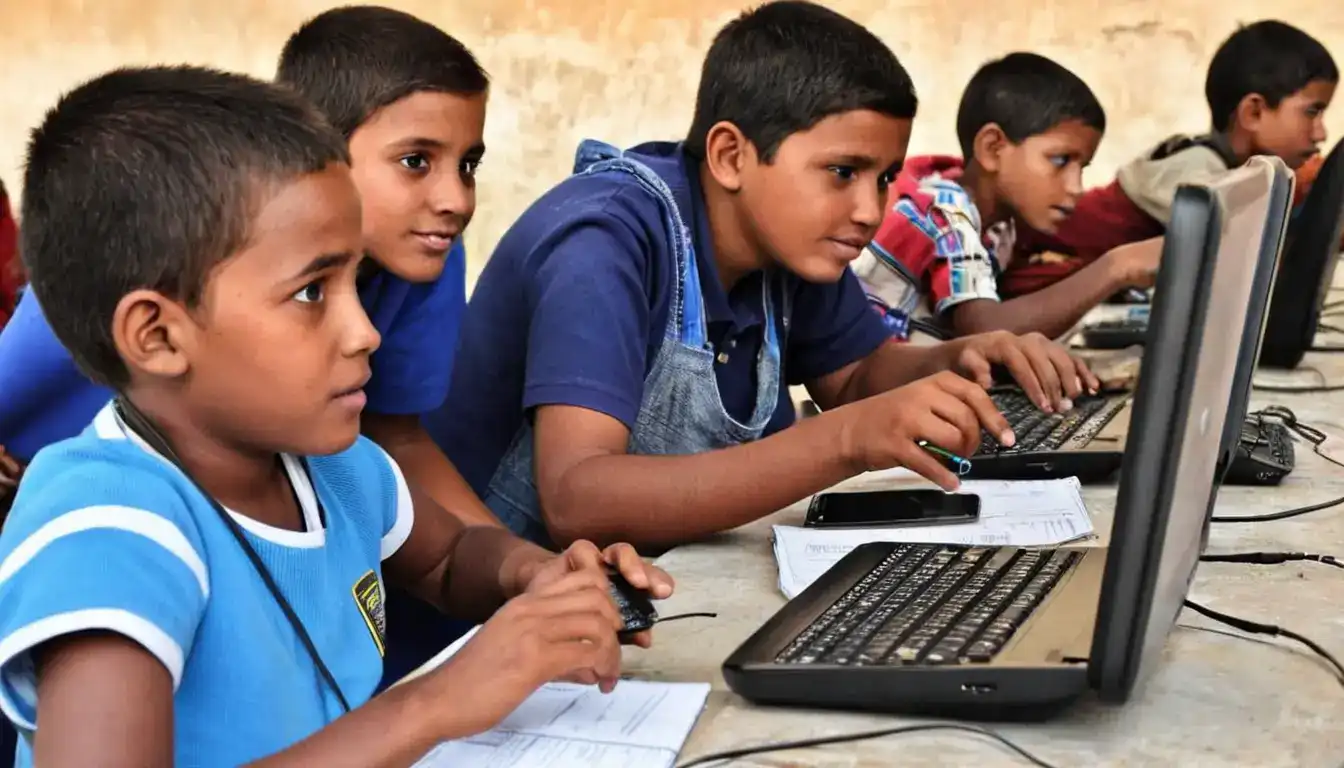
August 4, 2024
Bridging the Digital Divide: Ensuring Everyone Has Access to Technology
we can bridge this gap and create a more inclusive digital landscape.

August 4, 2024
The Metaverse: A Virtual World with Endless Possibilities
metaverse is a rapidly evolving concept that offers a network of interconnected 3D virtual spaces accessed through technologies like VR and AR.

August 4, 2024
All-Time High Cybersecurity Breach: How to Safeguard Your Company and Personal Information
threat of cybersecurity breaches in today's digital age, highlighting factors contributing to the rise in cyberattacks such as increased reliance on technology, evolving threats, remote work, and profit motive for cybercriminals.

August 5, 2024
Oculus Quest 2 vs HTC Vive Pro – Which Should You Choose?
Oculus Quest 2 vs HTC Vive Pro – which VR headset reigns supreme? Dive into this ultimate showdown to discover the strengths and weaknesses of each, and decide which one is worth your investment. From specs and comfort to content and price, we'll help you make an informed choice.

